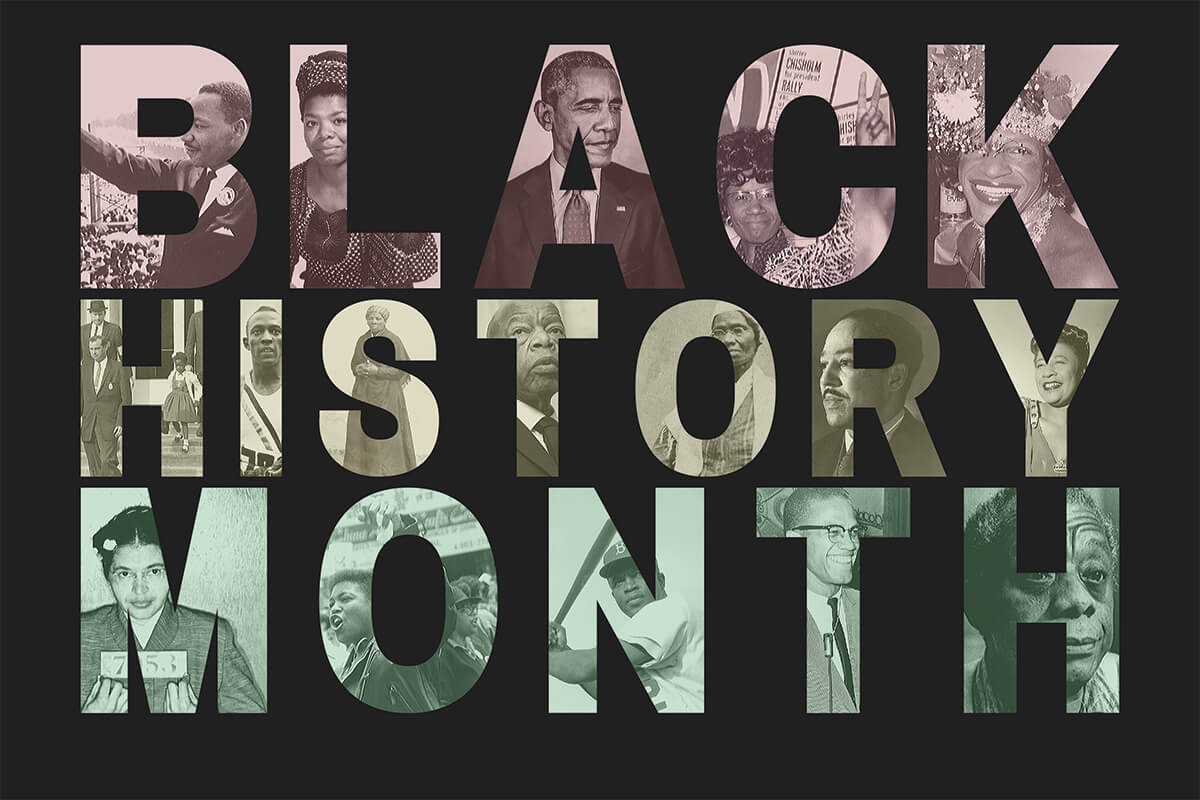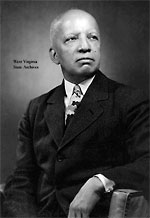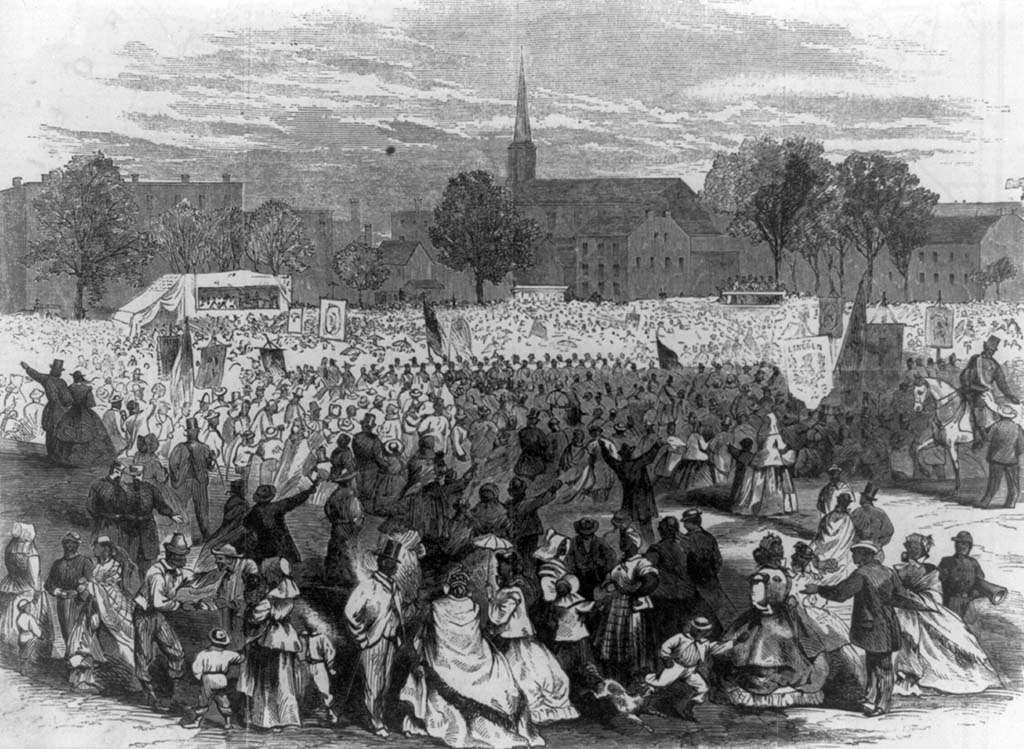

Check out some Black History Month books from the North Dakota State Library's Goodreads group. All books on this list can be found at the North Dakota State Library.
The observance of African American / Black History Month was established by Public Law 99-244. This observance runs through the month of February and celebrates the contributions of African Americans to our nation. The theme for this event changes each year.
Check out the virtual festival at the Association for the Study of African American Life and History - asalh.org/festival/.

Dr. Carter G. Woodson (1875 - 1950), son of former slaves and a Harvard trained historian, believed that truth could not be denied and that reason would prevail over prejudice. His hopes to raise awareness of African American's contributions to civilization was realized when he and the organization he founded, the Association for the Study of Negro Life and History (now known as Association for the Study of African American Life and History), conceived Negro History Week in 1925. The event was first celebrated during the second week in February 1926 coinciding with the birthdays of Abraham Lincoln and Frederick Douglass.
conceived Negro History Week in 1925. The event was first celebrated during the second week in February 1926 coinciding with the birthdays of Abraham Lincoln and Frederick Douglass.
By the time of Woodson's death in 1950, Negro History Week had become a central part of African American life and progress had been made in bringing more Americans to appreciate the celebration. At mid–century, mayors of cities nationwide issued proclamations noting Negro History Week. The Black Awakening of the 1960's dramatically expanded the consciousness of African Americans about the importance of black history, and the Civil Rights movement focused Americans of all color on the subject of the contributions of African Americans to our history and culture.
The celebration was expanded in 1976 during the bicentennial when President Gerald R. Ford urged Americans to “seize the opportunity to honor the too-often neglected accomplishments of black Americans in every area of endeavor throughout our history.” That year, fifty years after the first celebration, the association held the first African American History Month.
Information taken from https://davenport.libguides.com/bhm/history.
| 1619 | Twenty Africans arrived in Jamestown, Virginia, abroad a Dutch ship. They were the first blacks to be forcibly settled as involuntary laborers in the North Dakota British colonies. | |
| 1739 | The Cato revolt, also known as the Stono Rebellion, was the first serious disturbance among slaves. After killing more than 25 whites, most of the rebels, led by a slave named Cato, were rounded up as they tried to escape to Florida. More than 30 blacks were executed as participants. | |
| 1777 |
|
|
| 1829 |
|
|
| 1857 | The Dred Scott decision of the Supreme Court denied that blacks were citizens of the United States and denied the power of Congress to restrict slavery in any federal territory. | |
| 1865 | 13th Amendment, abolition of slavery, was passed by Congress. | |
| 1868 |
|
|
| 1896 |
|
|
| 1918 |
|
|
| 1922 - 1929 | These are the years usually assigned to the Harlem Renaissance. | |
| 1937 | Joe Louis defeated James J. Braddock to become heavyweight boxing champion of the world. | |
| 1947 | Jackie Robinson became the first black to play major league baseball. | |
| 1954 |
|
|
| 1955 | Rosa Parks refused to change seats in a Montgomery, Alabama, bus. On December 5 blacks began a boycott of the bus system which continued until shortly after December 13, 1956, when the United States Supreme Court outlawed bus segregation in the city. | |
| 1963 |
|
|
| 1964 | Civil Rights Act prohibited discrimination in public places, provided for the integration of schools and other public facilities, and made employment discrimination illegal. This document was the most sweeping civil rights legislation since Reconstruction. | |
| 1965 |
|
|
| 1965 |
|
|
| 1968 |
|
|
| 1969 | The Supreme Court ruled that racial segregation in schools had to end at once and that unitary school systems were required. | |
| 2008 |
|
 Abolition of slavery celebration,
Abolition of slavery celebration,
Washington D.C., April 19, 1866
Public domain illustration by Frederick Dielman,
Courtesy Library of Congress
